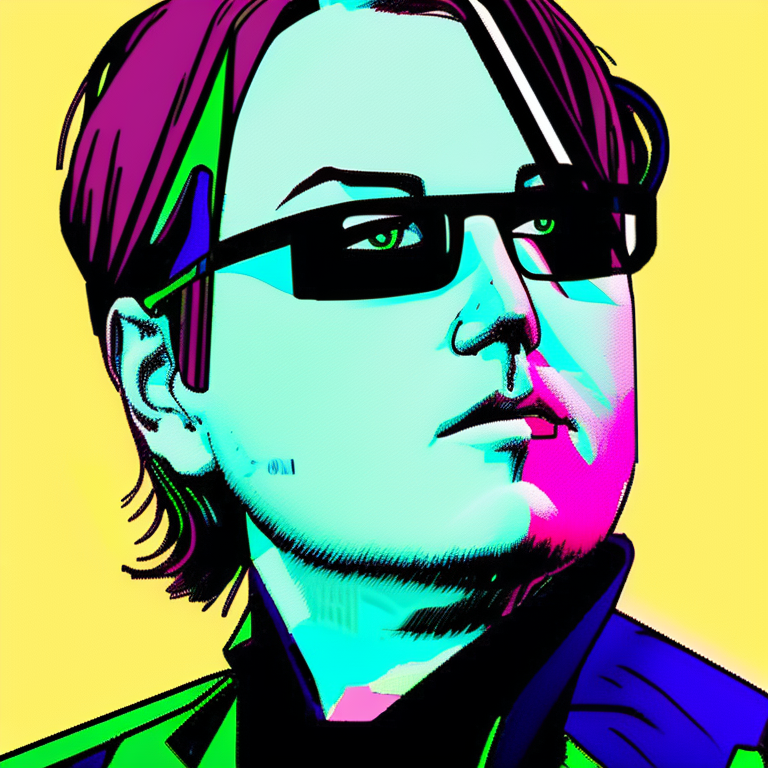I just realized that every streaming platform seems to have a couple heavy-hitter big-budget sci-fi series these days. Most of them turn out to be critically acclaimed as well.
Sure, we all know that there are Star Trek fans who dislike Discovery and Picard, or Foundation fans who dislike Apple’s adaptation. Even though much of what is on TV is still decades-old franchises, it seems that we’re getting more original sci-fi along with it.
- Scavengers Reign
- For All Mankind
- Invasion
- Cyberpunk: Edgeruners
- Tales from the Loop
I could go on…
No longer is it simply a single channel on cable tv that was also 50/50 with horror content, plus Star Trek and a handful of others that other networks syndicated.
Today there’s a rich tapestry of new ideas, concepts, and just plain art in media that was normally reserved for paperbacks published by Tor and others.
Don’t get me wrong, I still love me some SG1, TNG, DS9, B5, and others - all shows I grew up with; but I’m so happy that we get so much more now!


Probably because real life sucks so much.
I mean, the last time there was a sort of science fiction renaissance (arguably the 40s to 70s) people felt better about their lot in life - well besides the whole cold war thing.
So I’m not sure that tracks as much?
By the same logic one could argue that we should see more fantasy stuff. And, sure, kinda - but not the same level as the post-LOTR fantasy boom. I know Amazon is trying to do their thing with the Tolkien universe, but it doesn’t seem to be sticking in the same way as it’s sci-fi contemporaries. HBO has their other GOT universe franchise and even that seems to be falling flat on audiences.
Why would Sci-fi be preferable to Fantasy if it’s just about escapism? I certainly wouldn’t know, but it’s definitely a curious thought.
That particular period of time was wrought with geopolitical anxiety probably to a greater degree than today from my American perspective. It seemed like Democracy itself could be extinguished on Earth in the early 40’s, the late 40’s and 50’s were tempered by the threat of nuclear annihilation at any moment, the 60s was a time of social upheaval in which more people than we would like to admit were very strongly against civil rights and did actual bombings and murders throughout the country to oppose them, and the 70s was marked by economic anxiety (stagflation) and the collapse in trust of the US government by the general public along with new popular awareness of serial killers and the beginning of much deeper interpersonal distrust which exploded in the 80s. Certainly there were plenty of rosy things through the period as we also have now, but there was plently of material for sci fi authors to work with. My favorite sci fi novel, The Forever War, was a barely veiled allegory of the author’s own experience being drafted to go to vietnam.